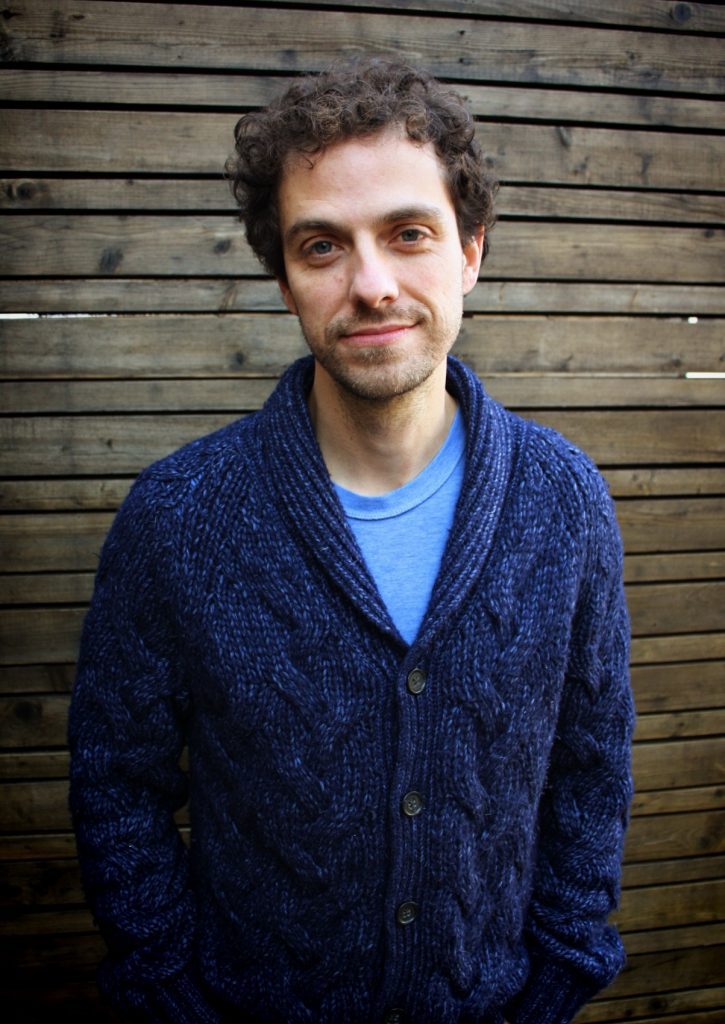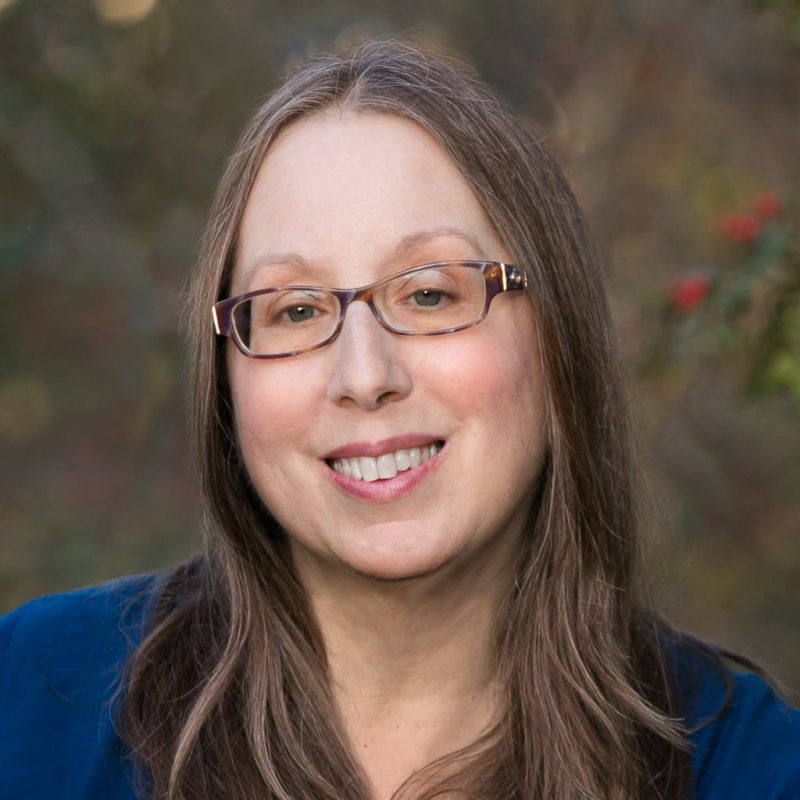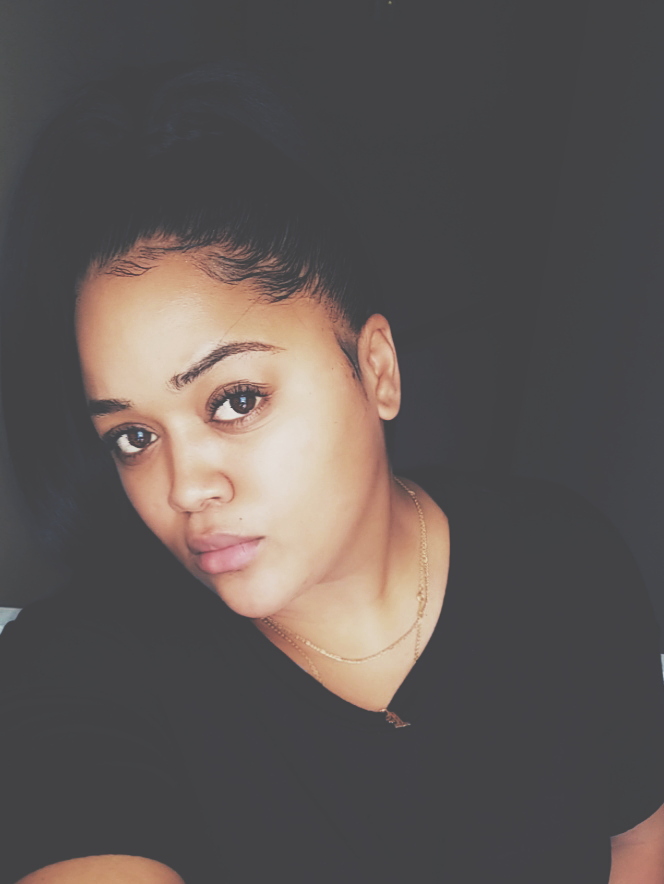Author spotlight: Ryan Turner
Ryan Turner’s first collection of short stories, What We’re Made Of, was shortlisted for the 2010 ReLit Award. His latest collection, Half-Sisters & Other Stories, was published by Gaspereau Press in November 2019. He is the co-founder and co-director of the AfterWords Literary Festival in Halifax. In what follows, Ryan talks about writing short stories, and plans for this year’s AfterWords festival.
I notice that both of your books are short story collections. Why do you gravitate to that literary form?
Short stories are what I prefer to read. Pretty much all of the writing I return to, both for inspiration and enjoyment, are works of short fiction. I prefer their compression and their flexibility. Also, the brevity of short fiction allows me to fail more often, I think. Most of the stories I attempt to write I never finish; I never have a plan; I believe that in order for a story of any length to be successful it requires some unexpected spark outside of my control—I write and write, searching for how the disparate parts might come together—and often that spark never comes, and so I leave the story and move onto the next one. Writing short fiction, I am able to put all of my energy into a story for a month or two or three, pushing it as far as I can, but if that spark doesn’t come I can allow myself (much more freely than when I’m working on a novel) to set it aside and try again with something new.
Short stories versus novels. Pros and cons?
The writing I prefer I could open up to any page and just read. I could read the ending, or a few pages in the middle, and feel satisfied. I don’t mean that I won’t read it from start to finish but that the parts are as good as the whole—this goes for a work of any length.
Writing that I really admire makes me want to remain inside that same paragraph or sentence, looking back over what I’ve just read, while it simultaneously draws me forward. Lisa Moore’s February is a good example of a novel that really works for me in this way.
If I was to pick up a short story collection, whose would you recommend?
From the Fifteenth District by Mavis Gallant, Accidents in the Home by Tessa Hadley, The Moons of Jupiter by Alice Munro.
OK, let’s say we were experiencing a worldwide pandemic, and we were confined to our homes. What five books would you like to have with you?
In truth, I’d probably choose five story collections to re-read, but instead I’ll go with five books I’ve been meaning to read (or, in the case of the last one, read only parts of): Omar El Akkad’s American War, Rebecca Solnit’s Recollections of My Non-Existence, Anne Enright’s new novel, Zadie Smith’s new story collection; and The Collected Stories of Lydia Davis.
What do you see as some of the positives as we cope with staying home and maintaining social distance?
I guess having time. Like everyone else, I always feel rushed trying to clean the house and answer emails and make a proper meal and tick all the little boxes that have to be ticked. Some things I’m hoping to do with my extra time: call my family more; play Scrabble with my partner; take our dog for longer walks; of course, read more and write more; but also just unplug and not worry about being productive, stare out the window or up at the sky, be grateful.
How do you ruminate on your stories? Go for a walk, have a bath, stay at your desk until the muse strikes?
Walking helps but mostly I just keep writing. I never wait for any sort of inspiration.
How do you deal with writer’s block?
I don’t really get writer’s block. I know that I’m going to throw away 99% of what I write so I just keep going. I also depend upon the daily ritual that writing gives me of escaping my conscious self to see if I can tap into something unexpected.
Congratulations on the first annual AfterWords Literary Festival. How did it come together? What are some of the favorite moments you look back on?
Thanks! My co-founder, Stephanie Domet, and I have been talking about organizing a multiple-day literary festival ever since the Halifax International Writers’ Festival stopped more than a decade ago.
As for my favourite moment, we had a little event on the Friday evening where many of the authors got together and we all read Alice Munro’s “Miles City, Montana” aloud and then chatted about it. That might have been the highlight, though it’s difficult to choose. I think we were fortunate to have such a generous group of truly world-class writers in our very first year!
Any plans you can share for the second annual festival?
Just that we’re in full swing and that we’re preparing to be a virtual festival if we can’t be out in the physical world. Though we’re certainly hoping that won’t have to have happen!
If you could have any writer present at AfterWords (no matter the cost), who would that be and why?
Marlon James, Svetlana Alexievich, Alexander Hemon. These are just a few names off the top of my head. The exciting thing is there are a hundred people I could add to this list. I just want to sit in a room and hear their perspectives. The festival also allows me the opportunity to hear and read the work of artists I might never have otherwise encountered, which is just as exciting.
What are you writing right now?
A novel, actually! And stories. I always have a few short stories on the go.
Author spotlight: Ryan Turner Read More »










